Strangles – an update from Hall Farm
We share where we are in our efforts to return to a sense of normality at our Norfolk rescue and rehoming centre.
Posted on 06/06/2025
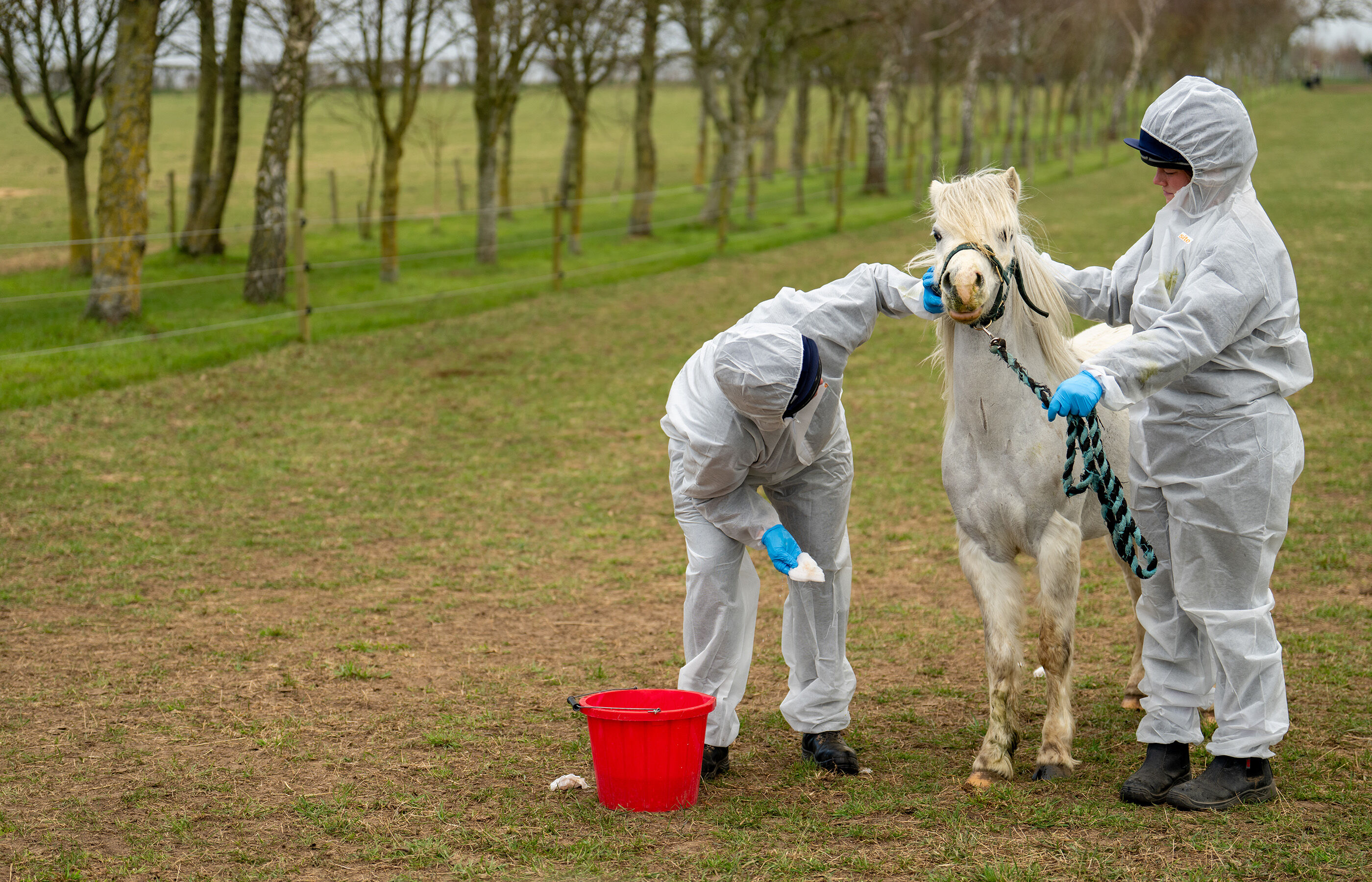
As many of you will know, we have been managing an outbreak of strangles at our Hall Farm Rescue and Rehoming Centre since February. In the weeks prior to the outbreak, we rescued the Trafficked 20 group of horses who were discovered at Dover port being shipped overseas to an unknown fate.
They included a pregnant mare, a pony battling a severe skin infection, three foals, two Irish Thoroughbreds and a riding pony, and we believe that one of the horses brought strangles to our farm.
Despite additional and swift quarantine measures, further cases emerged, resulting in a wider outbreak with the farm forced to close to visitors, all movements of horses on hold – including rehoming – and a temporary stop to our rehabilitation work – all of which has had a huge impact on our charity.
Throughout this challenging time, our team has shown exceptional dedication, working tirelessly in difficult conditions to stop the spread of this disease and help our horses on their road to recovery. Staff have been working under strict biosecurity protocols and in designated teams according to the infection status of the horses they are caring for.
We caught up with Malcolm Morley, our Director of UK, to find out more about where we are in our efforts to manage the outbreak and how we are working to return to a sense of normality on the farm.
At World Horse Welfare, caring for horses and protecting their welfare is always our number one priority. Over the past few months, our team at Hall Farm has been managing an outbreak of strangles and I’m really pleased to share that things are now moving well in the right direction.
The last new case was in early March – about three months ago – and since then, we’ve made steady progress. That’s down to the dedication of our staff, the support of our vets, and the strict biosecurity measures we’ve had in place. From the outset, we’ve worked hard to contain the infection and limit its spread.

More than half the horses on the farm have now tested negative following guttural pouch lavage – the gold standard test for strangles. This process involves gently flushing the air-filled spaces at the back of the horse’s throat to collect fluid, which is then tested for the bacteria that cause the disease.
These horses have also been through a quarantine period and have begun a course of strangles vaccinations. Strangles vaccination can play an important role in helping to reduce the risk of spread and support recovery across the farm. They are now in our green zone paddocks, where they can begin to enjoy more normal routines and rehabilitation for rehoming.
We’ve taken every reasonable step to make sure these horses are safe and ready for their next chapter and because of these strict biosecurity measures, we’re now in a position to resume rehoming from the green zone.

Meanwhile, our current focus is on the horses still in the red and amber zones, working through testing and vaccination in a phased and careful way and we are beginning to make plans to gradually reopen Hall Farm to supporters, visitors and local events.
If everything continues to go well, we hope to welcome people back for the summer holidays.
Thank you for your continued support and understanding—it means a great deal. We’re looking forward to seeing you again soon and sharing all the progress we’ve made.
We are getting there slowly but surely and, as Malcolm has said, we would like to thank all of our visitors and supporters for their understanding and support during this very testing time.
Keep an eye on our email newsletter and social channels for more details of our reopening plans at Hall Farm.
What to do if you think your horse may have strangles or another disease
Our Assistant Manager at Hall Farm, Lizzie, offers this advice:
“If you’re concerned about disease on your own yard, take the horse’s temperature – a fever is a really good guide that it’s likely to be something infectious – not always, but it’s quite likely.
If a fever is present, isolate that horse and remove it from the field if it is out with others. Completely clean the water supply that they have been in contact with and disinfect it. Try to also disinfect anything that the horse might have touched like fencing and any tools you use to muck out your stables, so everything is clean.
“Move the horse into a stable or field on its own and then regularly take their temperature. If the fever persists or they display any other signs or symptoms you need to call your vet, and they can do a guttural pouch wash to confirm if it is strangles or if it isn’t.”
Topics
Related Blog Posts
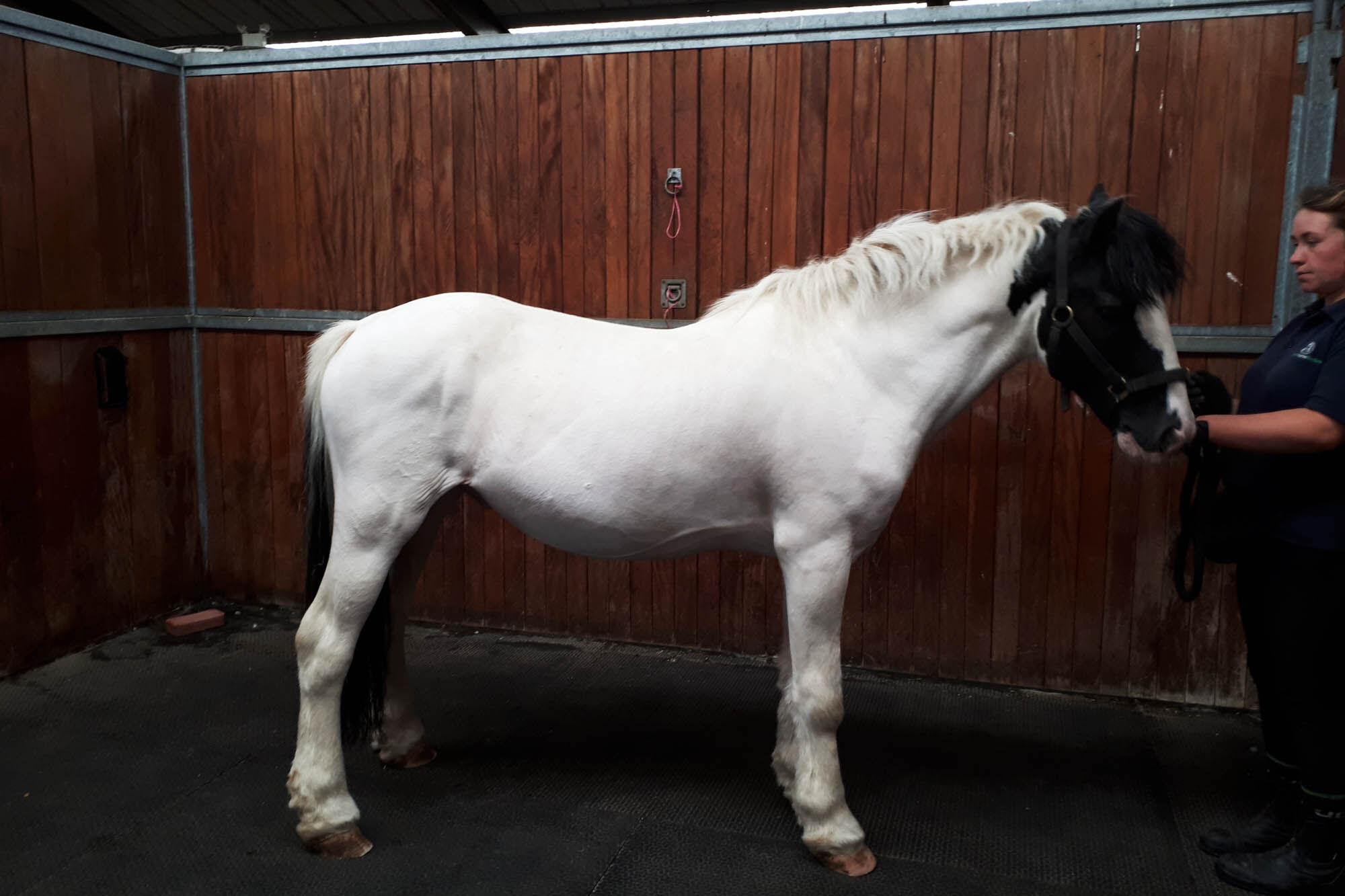
A day with the vet: scans and x-rays
Claire Dickie, Glenda Spooner Farm Centre Manager, describes some of the cases looked at in the course of a vet day.
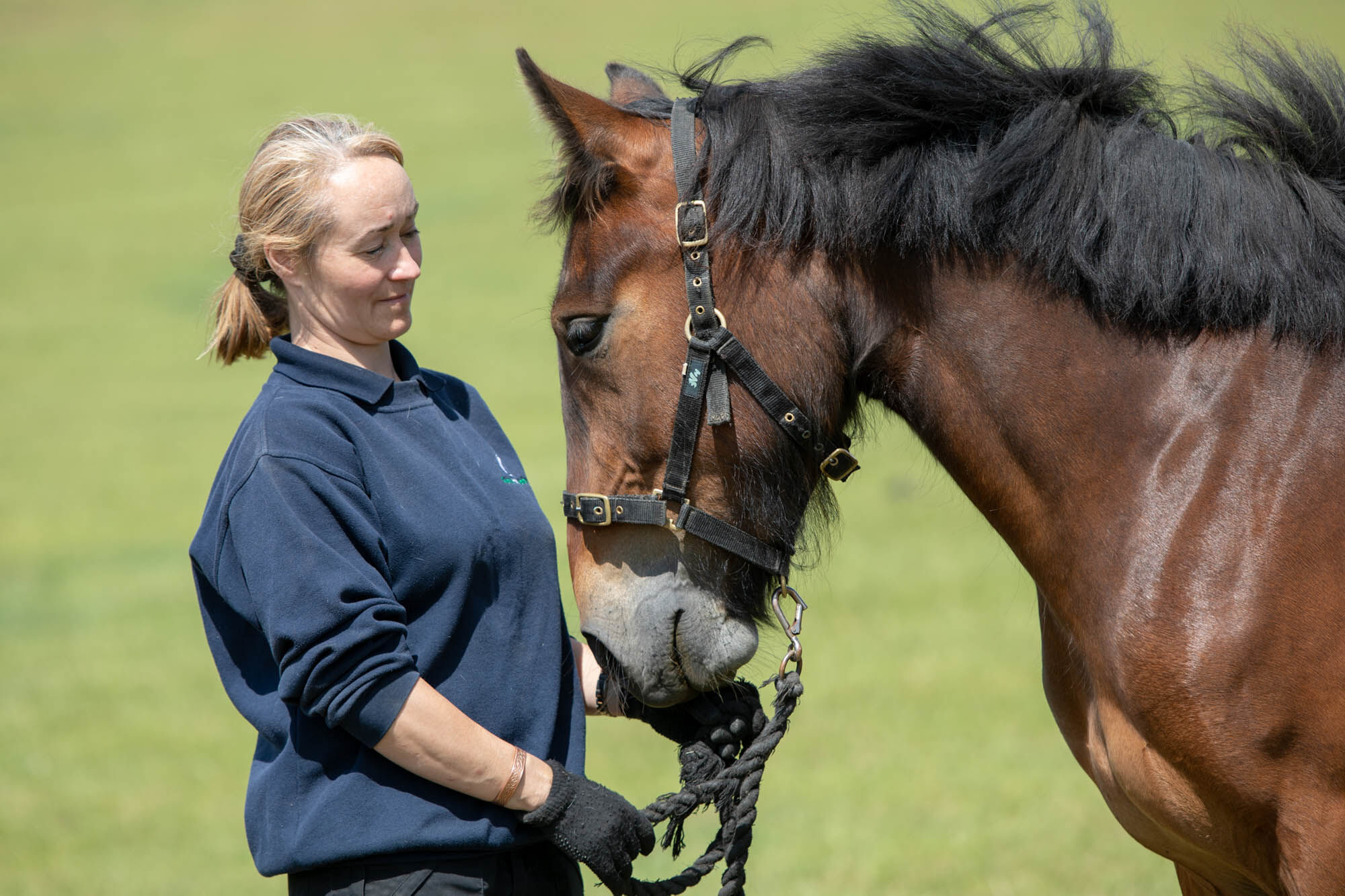
“So how does Vet Day work then?”
Claire Dickie, Glenda Spooner Farm Centre Manager, gives an overview of how vet day works at our farms.
Recommended News Articles
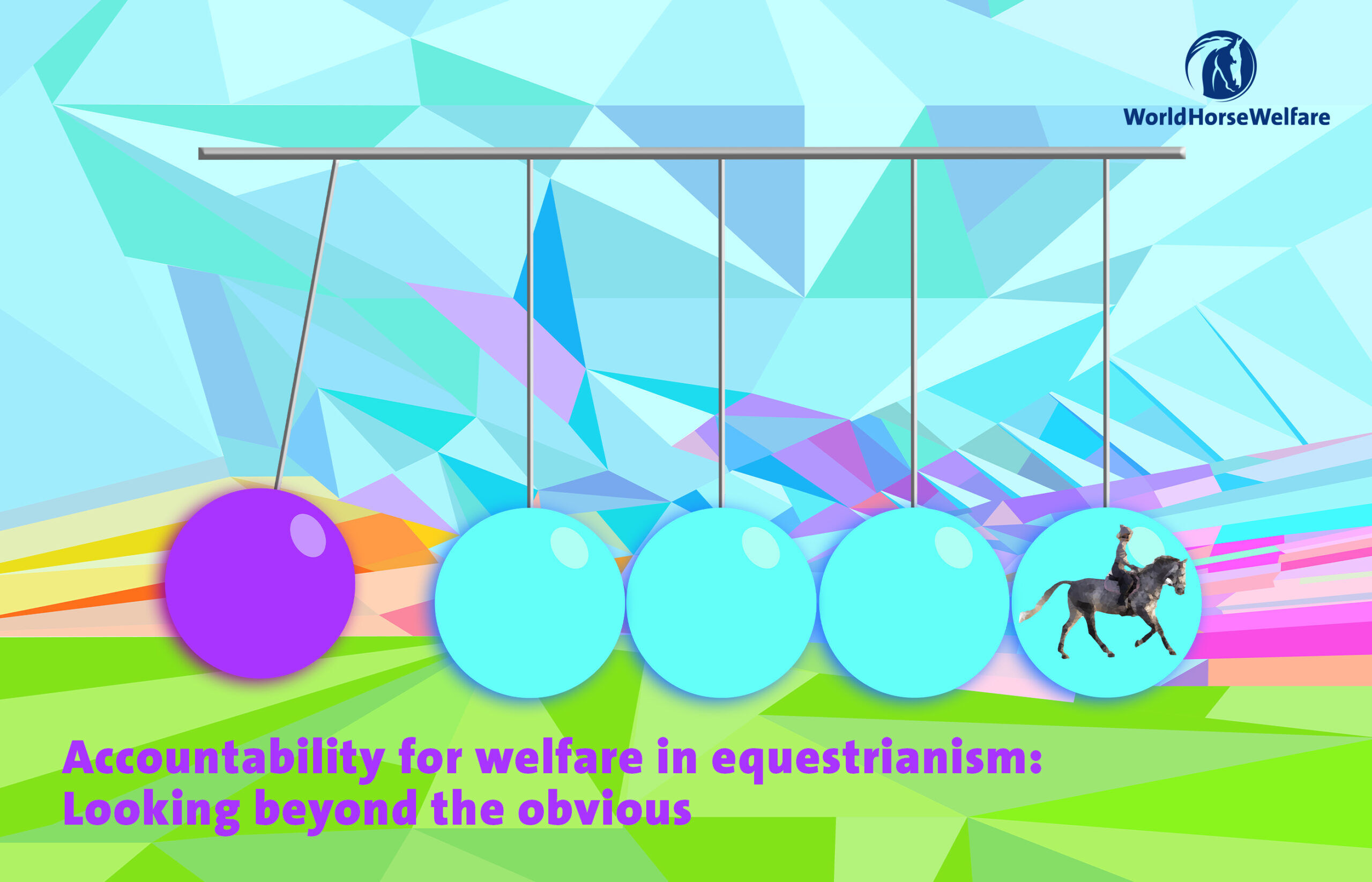
Equestrian and racing leaders gather to consider what makes good people adopt poor welfare practices in horse sport
World Horse Welfare organised conference sees over 200 horse sport leaders discuss accountability for welfare.
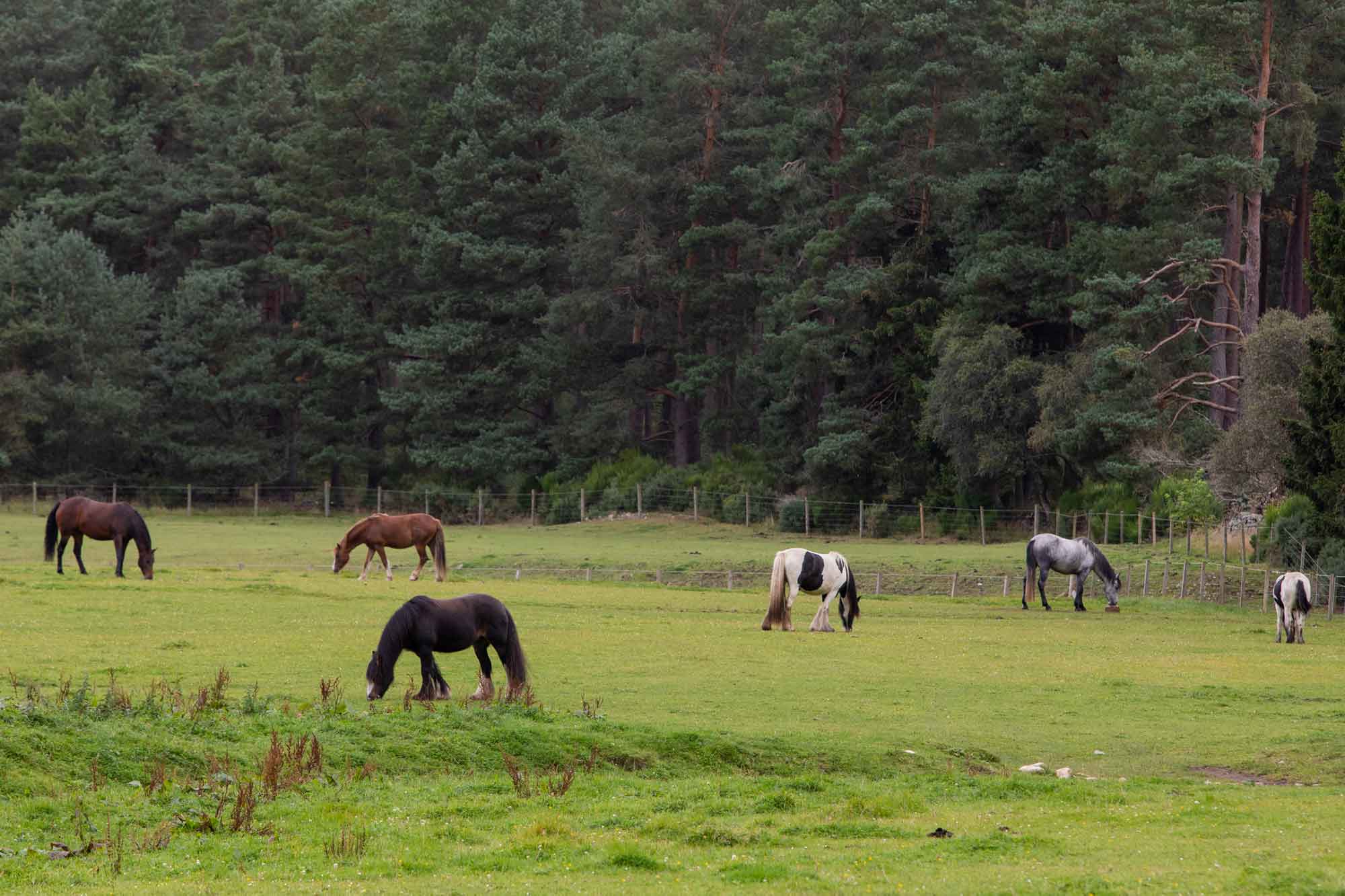
Updated 3 April: How to look after your horse during the current restrictions
Keep up to date with our advice on how we can look after our horses under the current restrictions in the UK.
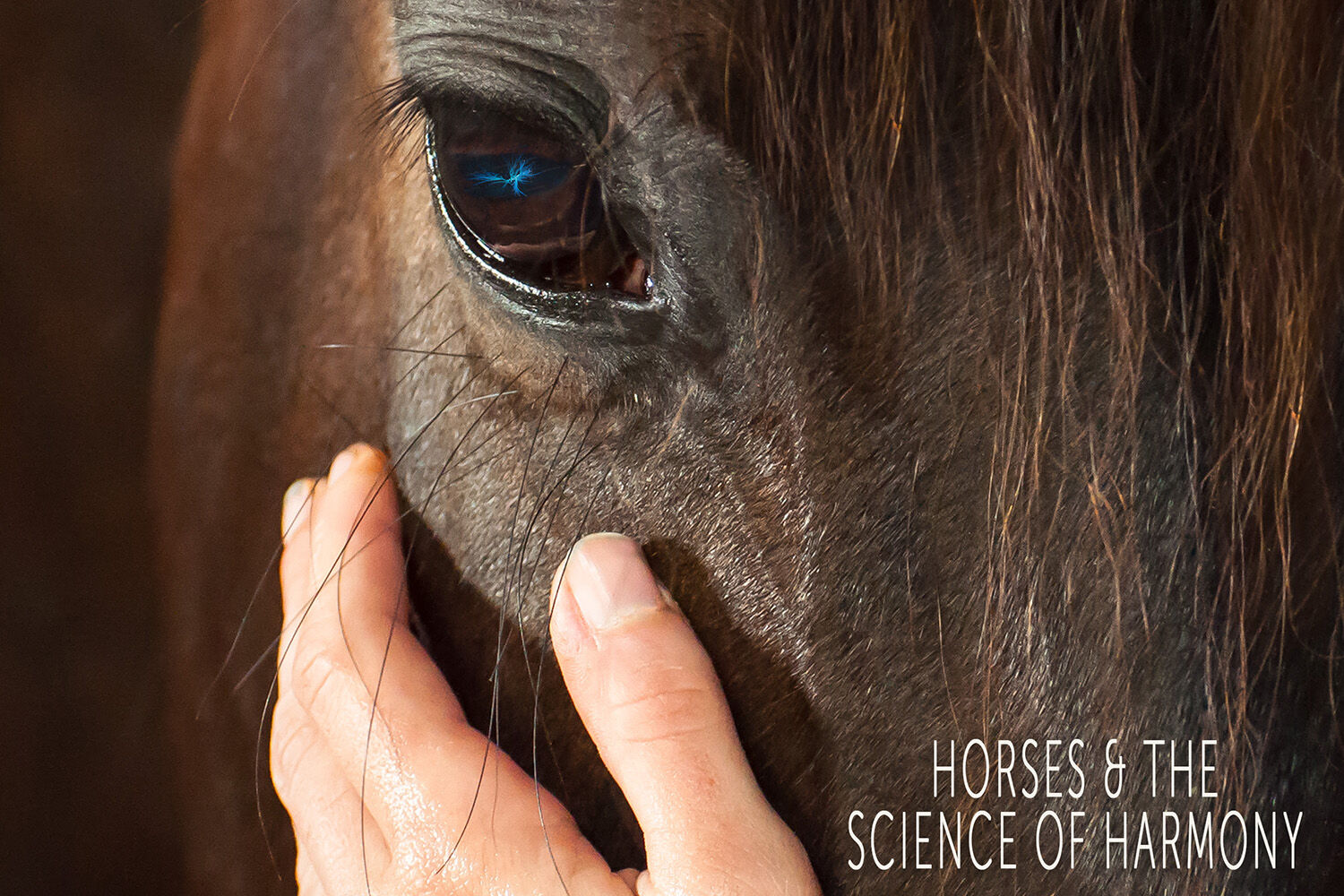
Chief Executive Roly Owers features in new documentary
'Horses and the Science of Harmony' explores the nature of harmony between horse and rider
Enjoy reading stories like this?
Join over 55,000 other horse lovers and sign up for our email newsletter

Join over 55,000 other horse lovers and sign up for our email newsletter
Sign me up now